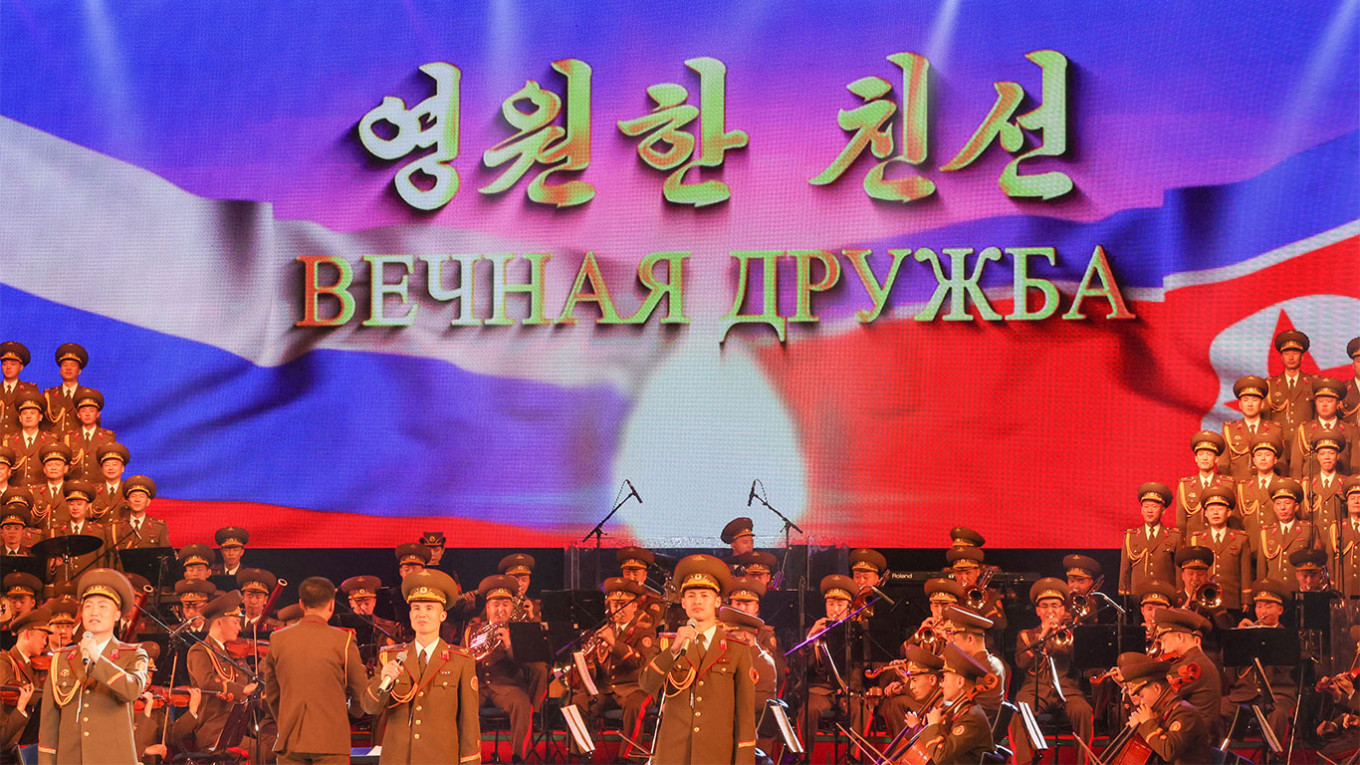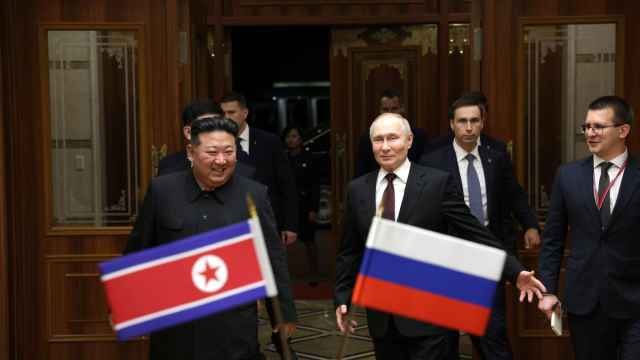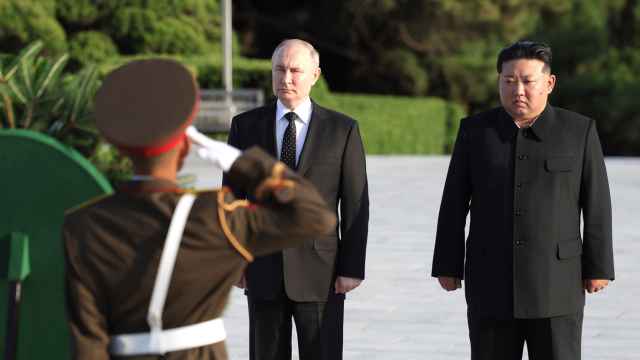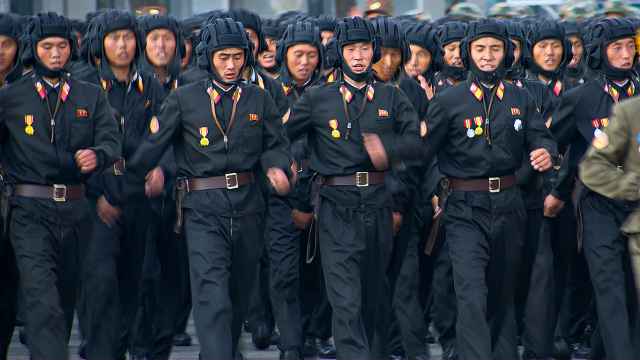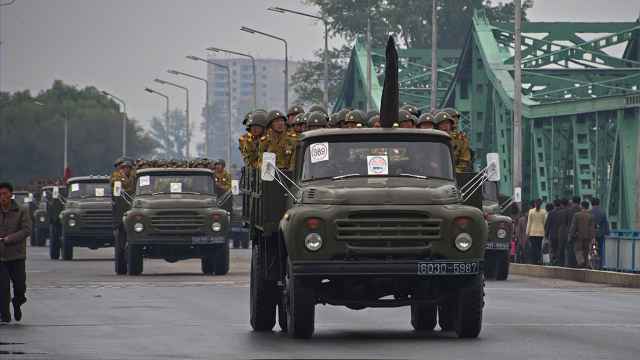Russia has released $9 million in frozen North Korean assets after the isolated country provided Moscow with arms for its war against Ukraine, The New York Times reported Tuesday, citing anonymous Western intelligence officials.
Pyongyang is under a range of UN and U.S. sanctions over banned nuclear weapons tests, and the arrangement appears to meet one of North Korea’s conditions for supplying Russia with missiles and ammunition, experts and an unidentified U.S. official told the newspaper.
NYT did not identify the Russian bank said to have cleared the release of $9 million out of $30 million in frozen North Korean assets, but intelligence sources said the arrangement occurred sometime after North Korea sent arms.
Washington said in January that Russia had fired at least one of the missiles in Ukraine the month before.
Anonymous U.S. officials told NYT that Pyongyang intends to use the unfrozen money to buy crude oil.
At the same time, a North Korean front company reportedly opened an account “recently” at a different Russian bank in the Georgian breakaway region of South Ossetia, which only Moscow and a handful of its allies recognize as an independent state. Neither the company nor the bank were identified.
It was unclear whether Moscow had complied with Pyongyang’s other wish to obtain advanced satellite technology and nuclear-powered submarines in exchange for the arms.
Russia may favor financial transactions rather than supplying North Korea with military expertise and nuclear technology to comply with UN sanctions, experts told NYT.
“[Moscow] can always say, ‘Oh, well, this is a private bank and our investigators will look into it,’ and it will never go any further,” James D.J. Brown, professor of political science at Temple University’s Tokyo campus, told the newspaper.
U.S. officials declined to confirm the specifics of the Russian-North Korean banking arrangements.
A Message from The Moscow Times:
Dear readers,
We are facing unprecedented challenges. Russia's Prosecutor General's Office has designated The Moscow Times as an "undesirable" organization, criminalizing our work and putting our staff at risk of prosecution. This follows our earlier unjust labeling as a "foreign agent."
These actions are direct attempts to silence independent journalism in Russia. The authorities claim our work "discredits the decisions of the Russian leadership." We see things differently: we strive to provide accurate, unbiased reporting on Russia.
We, the journalists of The Moscow Times, refuse to be silenced. But to continue our work, we need your help.
Your support, no matter how small, makes a world of difference. If you can, please support us monthly starting from just $2. It's quick to set up, and every contribution makes a significant impact.
By supporting The Moscow Times, you're defending open, independent journalism in the face of repression. Thank you for standing with us.
Remind me later.


